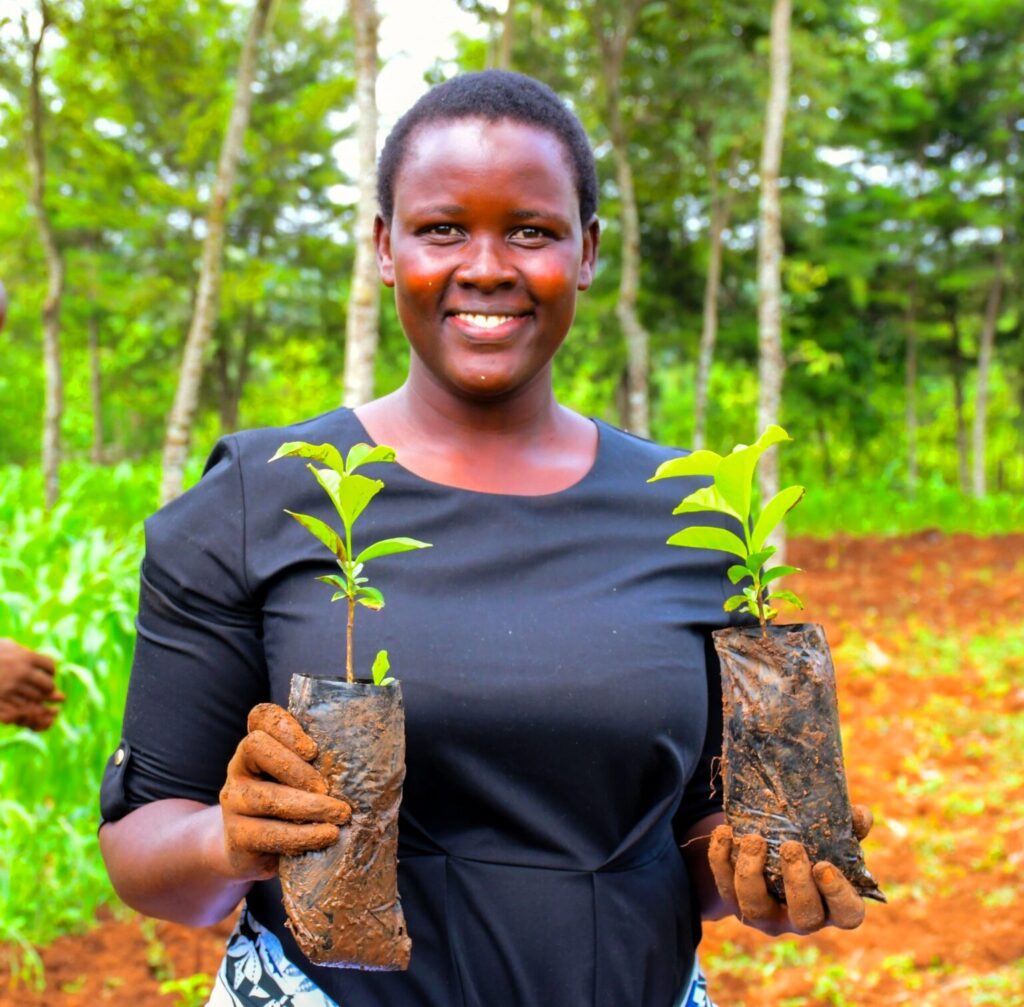For decades, Rift Valley and Western Kenya have been viewed almost exclusively as the country’s food basket, with maize production dominating both land use and agricultural policy. This narrow focus has created the perception that any shift away from maize production, such as farmers embracing coffee, threatens national food security. Yet this fear is based on a flawed understanding of what food security really means.
Food security begins at the household level. A family of five requires roughly five 90kg bags of maize a year, which can be grown on a quarter-acre. Beyond this, farmers should be free to utilize their remaining land for crops that generate income, ensuring not just food but also financial stability. Coffee farming in Rift Valley and Western Kenya presents one of the most promising opportunities to achieve this.
County governments have a responsibility to create enabling conditions for farmers by offering soil testing, crop suitability advice, extension services, and access to inputs. Once these foundations are in place, the choice of what to grow should rest with farmers. If coffee presents better returns than maize, then it is rational and responsible for farmers to diversify into coffee without guilt.
The larger issue confronting Kenya is not whether farmers in Rift Valley and Western counties grow coffee, but rather that the nation’s coffee production is alarmingly low. At less than one million 60kg bags annually, Kenya’s contribution is negligible compared to global leaders like Brazil, Ethiopia, and Uganda. Without a significant scale-up, Kenyan coffee risks becoming irrelevant on the international stage, reduced to offering samples instead of supplying bulk orders.
Encouragingly, coffee does not demand vast new tracts of land. With the current 113,000 hectares already under coffee, proper agronomic practices could increase yields fivefold. Adding another 100,000 hectares across suitable counties would provide the foundation for sustainable growth. Farmers already operate diverse production systems, often mixing coffee with dairy or fruit trees, ensuring resilience and multiple income streams.
The path forward is clear: farmers in Rift Valley and Western Kenya should embrace coffee production with confidence. By securing their families’ food needs first and dedicating additional land to profitable crops, they can achieve both food security and financial empowerment. Coffee is not a threat to national sustenance; it is a catalyst for prosperity.

